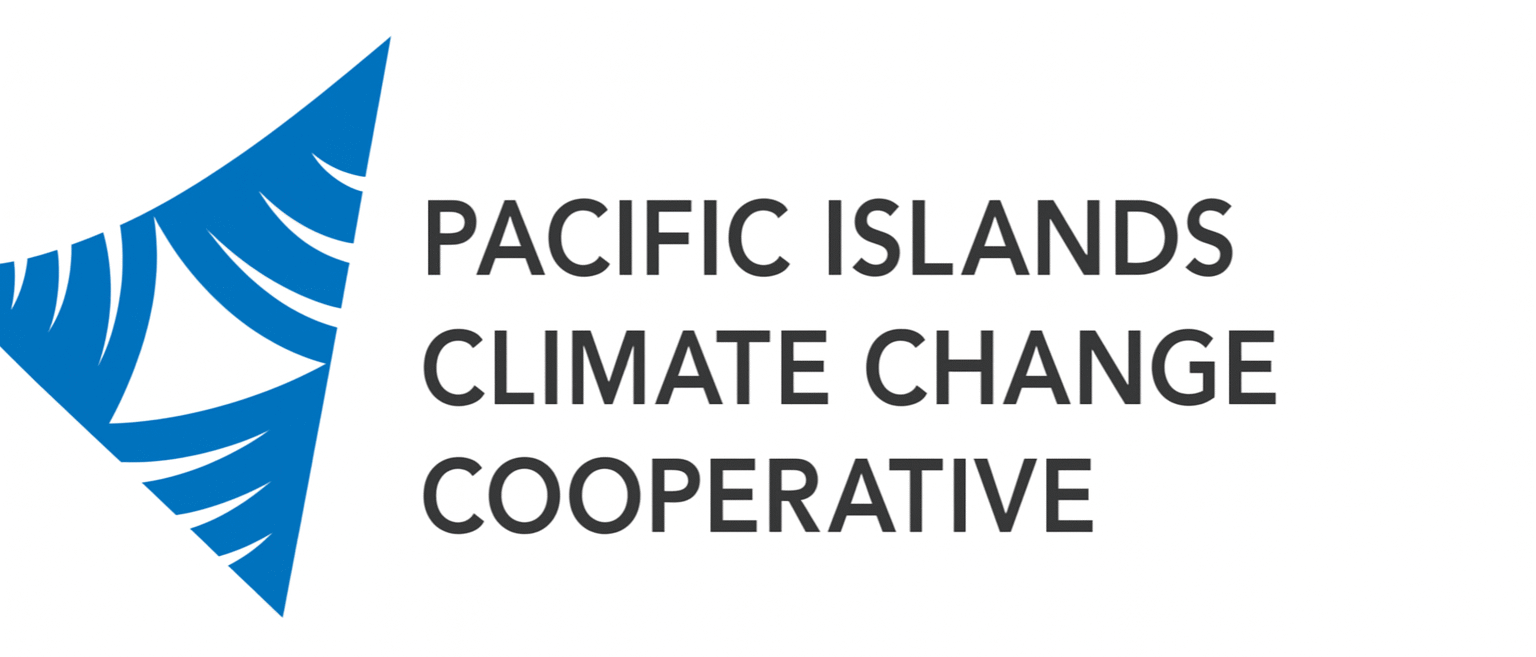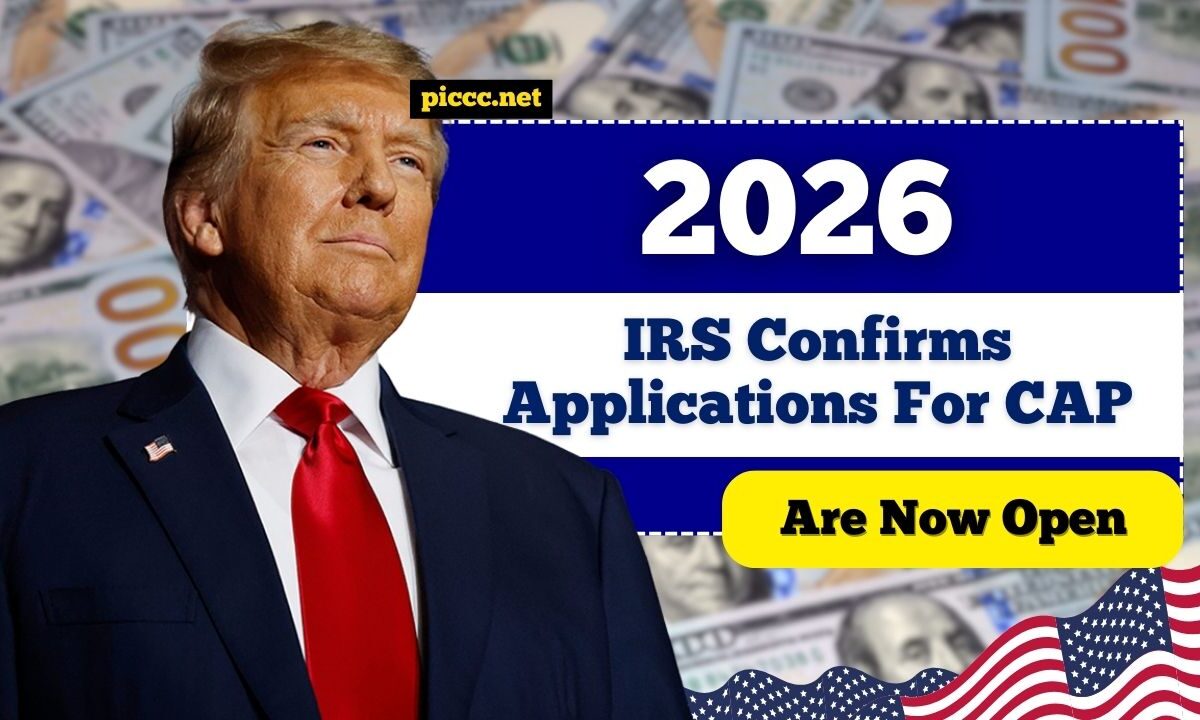The IRS Compliance Assurance Process (CAP), first introduced in 2005, remains one of the most significant initiatives to help large corporations address potential tax issues early.
Instead of waiting until after filing their tax returns, corporations in the CAP program can work directly with the IRS to resolve disputes proactively, ensuring smoother compliance and improved transparency.
With the 2026 application period underway, there are important updates every potential applicant should understand.
From eligibility requirements to the impact of new legislation like the Inflation Reduction Act (IRA) and the CHIPS Act, this guide will walk you through everything you need to know before applying.
What is the CAP Program?
The CAP program was created to promote a cooperative relationship between corporate taxpayers and the IRS. By entering into the program, businesses can:
- Identify and resolve tax issues before returns are filed.
- Reduce lengthy audits and post-filing disputes.
- Strengthen compliance through ongoing communication with the IRS.
Ultimately, CAP is designed to save time, reduce risk, and enhance trust between corporations and the tax authority.
Eligibility Requirements for CAP Participation
To qualify for the CAP program, corporations must meet certain conditions:
- Asset Threshold – The applicant must hold assets of $10 million or more.
- Corporate Type – Must be a U.S.-based corporation, either:
- A publicly traded company required to file SEC forms 10-K, 10-Q, and 8-K, or
- A privately held C corporation, including those with foreign ownership.
This makes the CAP program especially relevant to large corporations that face significant tax complexity.
Financial Documentation Rules
Applicants must provide comprehensive financial documentation to maintain eligibility.
Annual Audited Financial Statements
- Statements must comply with U.S. GAAP, IFRS, or another IRS-approved accounting method.
- Must include an unqualified audit opinion from an independent auditor.
- Net income or loss must be reconciled with Schedule M-3, Line 4(a), reflecting global consolidated net income (or loss).
Quarterly Unaudited Statements
Applicants must also provide quarterly unaudited statements. These updates help the IRS monitor the company’s ongoing financial condition, ensuring transparency throughout the year.
Compliance with Government Agencies
One important factor for eligibility is a company’s legal standing.
Corporations under government investigation or litigation may face application restrictions, as such circumstances could limit the IRS’s access to relevant tax data.
Key Updates for the 2026 CAP Application Period
The 2026 cycle includes several important changes and clarifications that applicants should carefully review.
Open Year Criteria
- Applicants may maintain one open declaration and one unsubmitted open declaration at the start of their fiscal year.
- Exceptions apply in cases involving:
- An unresolved Advance Pricing Agreement, or
- Competent Authority assistance for international tax matters.
Legislative Impacts: IRA and CHIPS Acts
The Inflation Reduction Act and the CHIPS Act have introduced new rules that directly affect CAP participants, including:
- Corporate Alternative Minimum Tax (CAMT)
- Excise tax on stock buybacks
- Clean energy tax credits
If these issues keep a tax year open, it will not count against CAP eligibility, ensuring flexibility for corporations facing new regulatory challenges.
Eligibility Rules for New Applicants
- New participants must not have more than three open fiscal years at the start of their CAP year.
- The IRS will review whether those years can be resolved within 12 months.
- Successful applicants must sign the CAP Memorandum of Understanding (MOU) to confirm their participation.
Expanded Eligibility Criteria for 2026
The IRS has expanded the eligibility rules, making the program more inclusive:
- Publicly Traded C Corporations – Continue to be eligible.
- Private C Corporations – Privately held companies, including those with foreign ownership, are welcome.
- Private Equity Applicants – Eligible if they meet financial documentation requirements.
Financial Documentation Standards for 2026
The 2026 CAP program emphasizes the need for accurate financial reporting.
- Only the applicant corporation’s audited financial statements will be accepted.
- Audits from related entities or parent companies are not valid.
- This rule ensures that the IRS evaluates only the tax-relevant data of the applying entity.
The CAP program for 2026 is a unique opportunity for large corporations to build trust with the IRS, streamline their tax compliance process, and resolve issues before filing returns.
With the latest updates, including expanded eligibility and adjustments due to the IRA and CHIPS Acts, more corporations than ever can benefit from this proactive program.
For corporations that meet the eligibility criteria, the benefits include reduced audit risk, faster issue resolution, and long-term compliance assurance.
However, success depends on accurate financial reporting, adherence to IRS requirements, and a willingness to maintain transparency throughout the process.
Frequently Asked Questions
What is the main benefit of joining the CAP program?
The primary advantage is the ability to resolve tax issues in real-time before filing returns, reducing disputes and audits later.
Can privately owned corporations with foreign ownership apply?
Yes. For the 2026 cycle, private C corporations with foreign ownership are eligible, provided they meet the financial reporting requirements.
What happens if a company has pending government litigation?
If an applicant is involved in ongoing government investigations or litigation, their eligibility may be restricted, as the IRS may not be able to access all required tax records.

